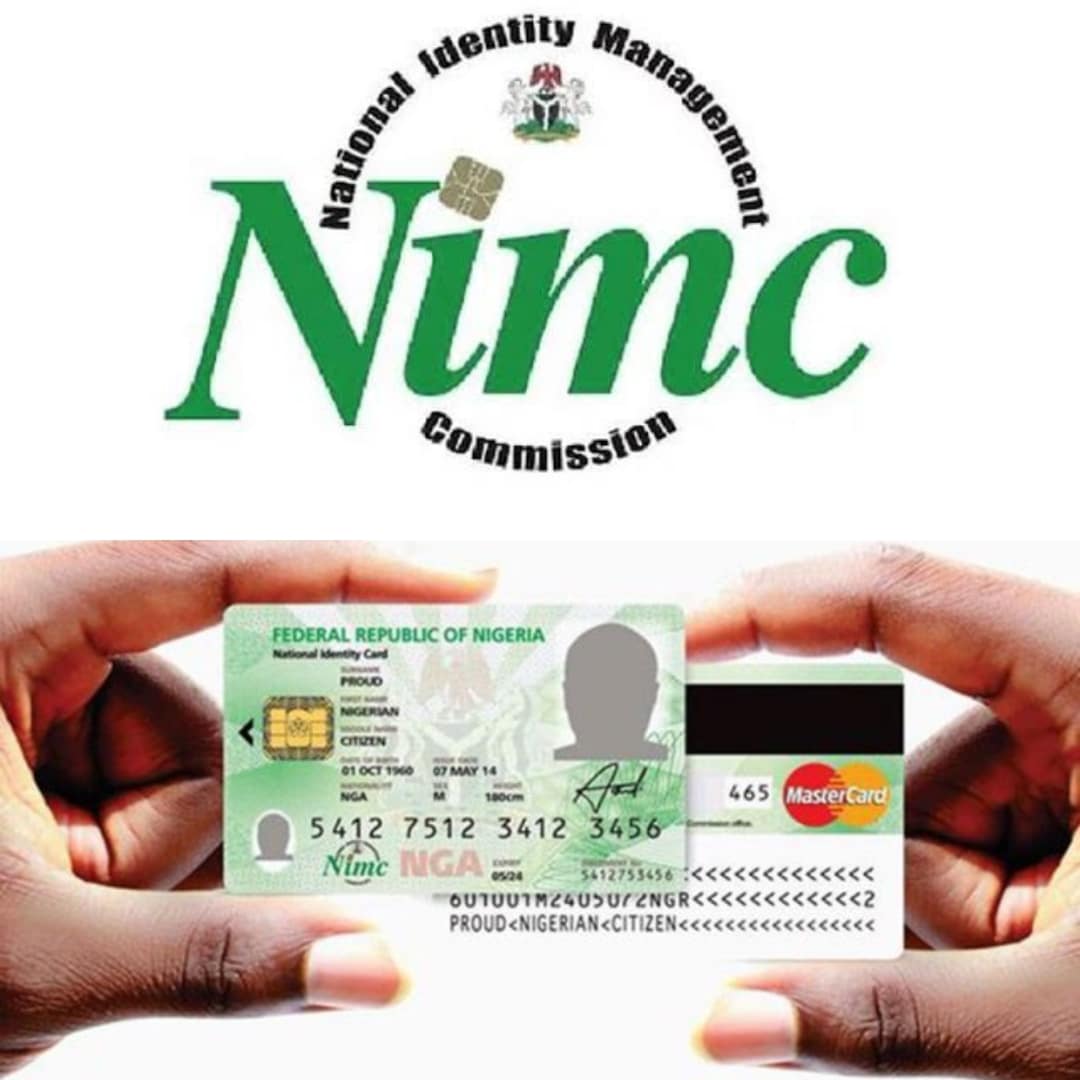


Nigeria’s National Identity Card initiative: A misguided venture
The recent announcement by the National Identity Management Commission (NIMC) regarding the launch of a new national identity card with payment functionality epitomises folly.
While touted as a solution to streamline identification and financial services, the collaboration between NIMC, the Central Bank of Nigeria, and the Nigeria Inter-bank Settlement System appears to be a misaligned endeavour.
In a nation burdened by limited resources and an array of urgent challenges, Nigeria’s pursuit of grandiose projects with questionable benefits is a luxury it cannot afford.
Despite its surface appeal, closer scrutiny reveals a troubling trend of duplication, bureaucratic inefficiency, and a glaring gap between governmental aspirations and citizens’ realities.
This venture echoes previous attempts to overhaul the national identification system, notably the ill-fated 2006 concession awarded to Chams.
That endeavour, marred by allegations of collusion and technical sabotage, squandered over $100 million, leaving a bitter legacy of failure. In light of this history, skepticism abounds regarding the prospects of the current initiative.
As Nigeria grapples with pressing socio-economic issues, including poverty, insecurity, and inadequate infrastructure, it is imperative that resources be directed towards initiatives with tangible benefits for the populace.
The proposed national identity card, with its payment functionality, appears to be a misplaced priority in this context.
Rather than embarking on ventures with dubious returns, Nigerian authorities must prioritise accountability, transparency, and citizen-centric policies. The nation cannot afford to repeat past mistakes at the expense of its long-suffering populace.
Furthermore, the purported justification for the new card – facilitating access to “multiple government intervention programs” for the financially marginalised – falls short when juxtaposed with the formidable hurdles Nigerians encounter in simply linking their National Identification Number (NIN) to vital services like mobile phone accounts or bank facilities.
The pandemonium and exasperation prevalent in these endeavours, resulting in citizens squandering valuable time and resources, should stand as a stark warning regarding the government’s competence in executing such extensive identity management schemes.
Moreover, if the concern is the proliferation of identification documents in Nigeria – from international passports and driver’s licenses to voter cards and the existing national ID card – this newspaper holds that this mosaic of identification systems not only spawns unnecessary confusion and bureaucratic headaches for citizens but also casts doubt on the government’s capacity to efficiently orchestrate and amalgamate these diverse platforms.
Instead of tackling these persistent issues head-on, the introduction of yet another identity card appears to be an ill-conceived effort to reinvent the wheel, with scant consideration for the practical challenges confronting Nigerians in their daily lives.
In a nation grappling with limited resources and a plethora of pressing needs, the decision to allocate billions of naira to this new card project is both confounding and deeply concerning. Many would argue that the government’s time and financial resources could be more effectively directed towards enhancing existing infrastructure, fortifying public services, and confronting the numerous socioeconomic challenges plaguing the country.
From the dire state of the healthcare system to the ongoing insecurity that has resulted in significant loss of life, there exist far more urgent issues warranting the government’s attention and, critically, its constrained financial resources.
Moreover, the assertion that the new card will facilitate access to “government intervention programs” for the financially marginalised raises concerns about introducing yet another bureaucratic barrier for vulnerable Nigerians.
Instead of introducing a new identification system, the government’s focus should be on refining and strengthening existing social welfare programs, ensuring they are accessible, efficient, and tailored to meet the needs of the populace.
The government’s ambition to distribute the new card to approximately 104 million citizens is cause for concern. Undertaking such a monumental task without a clear and comprehensive plan is likely to result in further delays, logistical complexities, and a considerable squandering of public funds – resources that could have been channeled towards making tangible improvements in the lives of Nigerians.
In essence, the rollout of the new national identity card with payment functionality reflects a recurring pattern in Nigerian governance: the inclination towards grand, top-down initiatives that often fall short of addressing the underlying issues fueling the country’s challenges.
Instead of pursuing this dubious venture, the government’s focus should shift towards strengthening existing identification systems, fostering better coordination among government agencies, and prioritising investments in areas directly impacting the lives of Nigerians.
As a nation, we must resist the temptation of embracing flashy new projects that promise quick fixes to complex problems.
Achieving genuine progress demands a nuanced, collaborative, and evidence-based approach that acknowledges the distinct needs and challenges of diverse communities.
It’s high time for the government to abandon this latest identity card scheme and redirect its efforts towards more impactful and sustainable initiatives that truly serve the citizens it is sworn to uplift.



